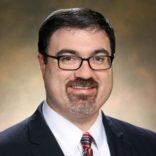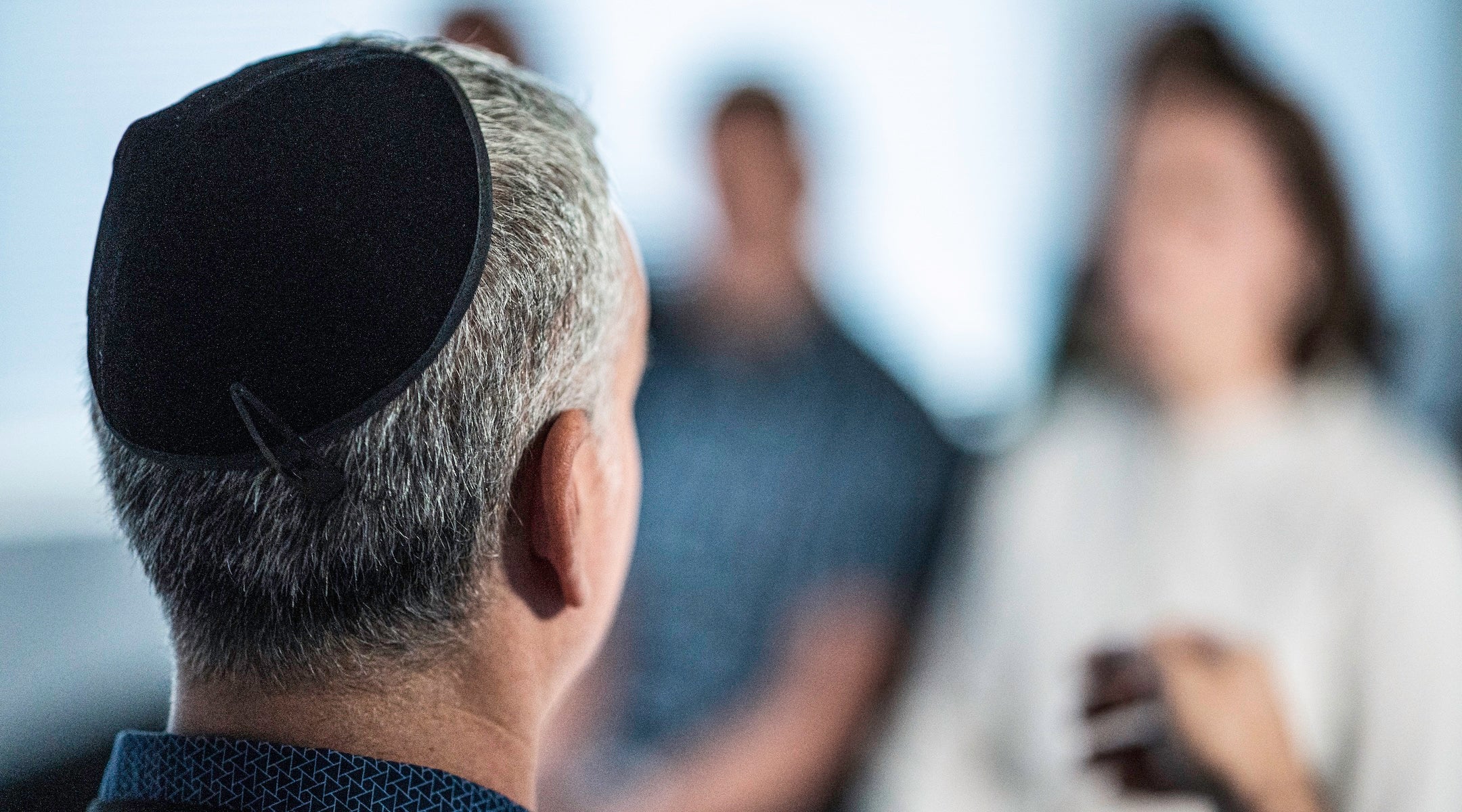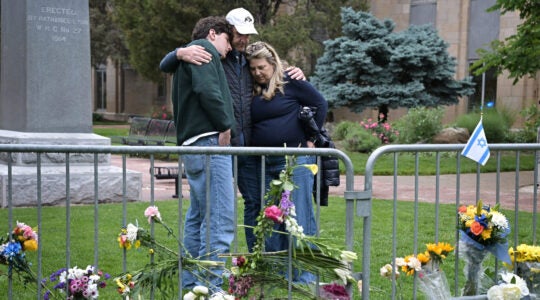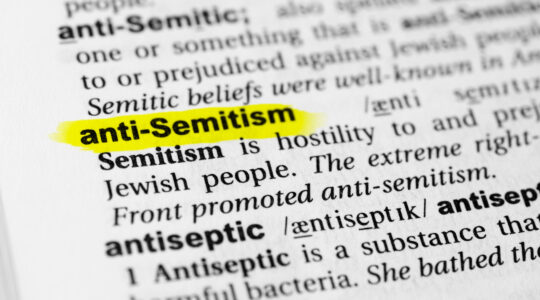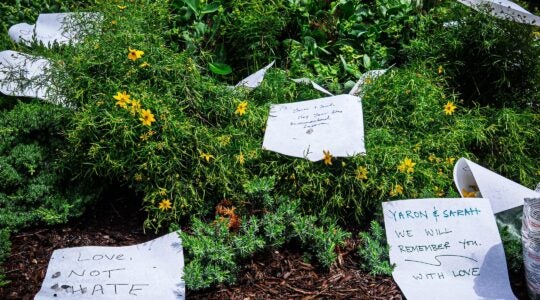My family has lived in Colorado for generations. I was in touch with my mother and cousins following the firebombing attack on people marching to call attention to the hostages held in Gaza. Some of my cousin’s children attend school in Boulder. This was not far away. In my mind, I can visualize exactly where it happened.
In just the last 50 days: arson at the Pennsylvania governor’s residence; assaults on Jews in the streets; vandalism of schools, synagogues and businesses; two murdered outside a Jewish event in Washington, D.C., and a firebomb attack on a peaceful gathering in Boulder that injured 15, including a Holocaust survivor.
In several of these cases, attackers shouted, “Free Palestine.” Or they said it when they were caught. Or the graffiti they wrote said it. These are not political statements. These are acts of antisemitic terror.
But something else makes this moment even more painful.
The silence.
I serve as the senior rabbi of Temple Beth El, the largest synagogue in the Carolinas. For years, our clergy and community have shown up. We have marched for racial justice, stood for LGBTQ+ rights, defended reproductive freedom, and worked alongside churches, faith communities of every kind and community partners to build a more just Charlotte. We have worked steadfastly with public schools and stood arm in arm at vigils and rallies. We showed up, again and again, because our faith commands us to.
And now, as Jews are being attacked in the streets, harassed on campuses and set on fire, the silence from many of our trusted partners is devastating.
We have not heard from many of the clergy or political leaders who regularly speak out for compassion, equity, and peace.
We have not heard from those who have insisted repeatedly that anti-Zionism is not antisemitism.
When Jews are targeted, burned, and killed under banners of “Free Palestine,” those voices have now fallen all too silent.
That silence sends a deafening message: that Jewish safety is negotiable. That Jewish lives are less urgent. That the grief of Jews burned alive is not worthy of their compassion or outrage. It leaves us feeling alone. It forces us to wonder if our pain is visible. If our safety matters.
This is not a time to stay quiet. It is time to be brave. A time to speak with the same moral clarity we have offered to others.
To our friends, our partners in justice, our fellow clergy, our neighbors in the work of healing the world: Where are you?
If you believe in peace, now is the time to say that violence is never acceptable.
If you believe in justice, now is the time to reject hatred in all its forms.
If you believe that all people are created in the image of God (the text you cite is Jewish, by the way), now is the time to say that Jewish people are also created in the image of God.
You can oppose war and still condemn terror.
You can grieve for Gaza and innocent life and still say that burning Jews alive is wrong.
You can challenge Israeli policy and still know that Jews everywhere are not responsible for it.
If you care about justice, say something. Stand for what is right. Do not let hate go unanswered.
Why? Because there is no liberation in setting people on fire. There is no justice in chasing Jews from public spaces. There is no righteousness in staying silent. And you should know that hatred that is allowed to grow never stays contained. It always spreads. It always finds new victims and the people peddling in it will always create new grievances to justify more violence.
Say something. Silence is not love. Silence feels like abandonment. And silence will certainly not protect us. We need you to speak up. We have marched beside you. We have prayed with you. We have stood together for justice. Please do not disappear. We are still here. We need to know that you are too.
JTA has documented Jewish history in real-time for over a century. Keep our journalism strong by joining us in supporting independent, award-winning reporting.
